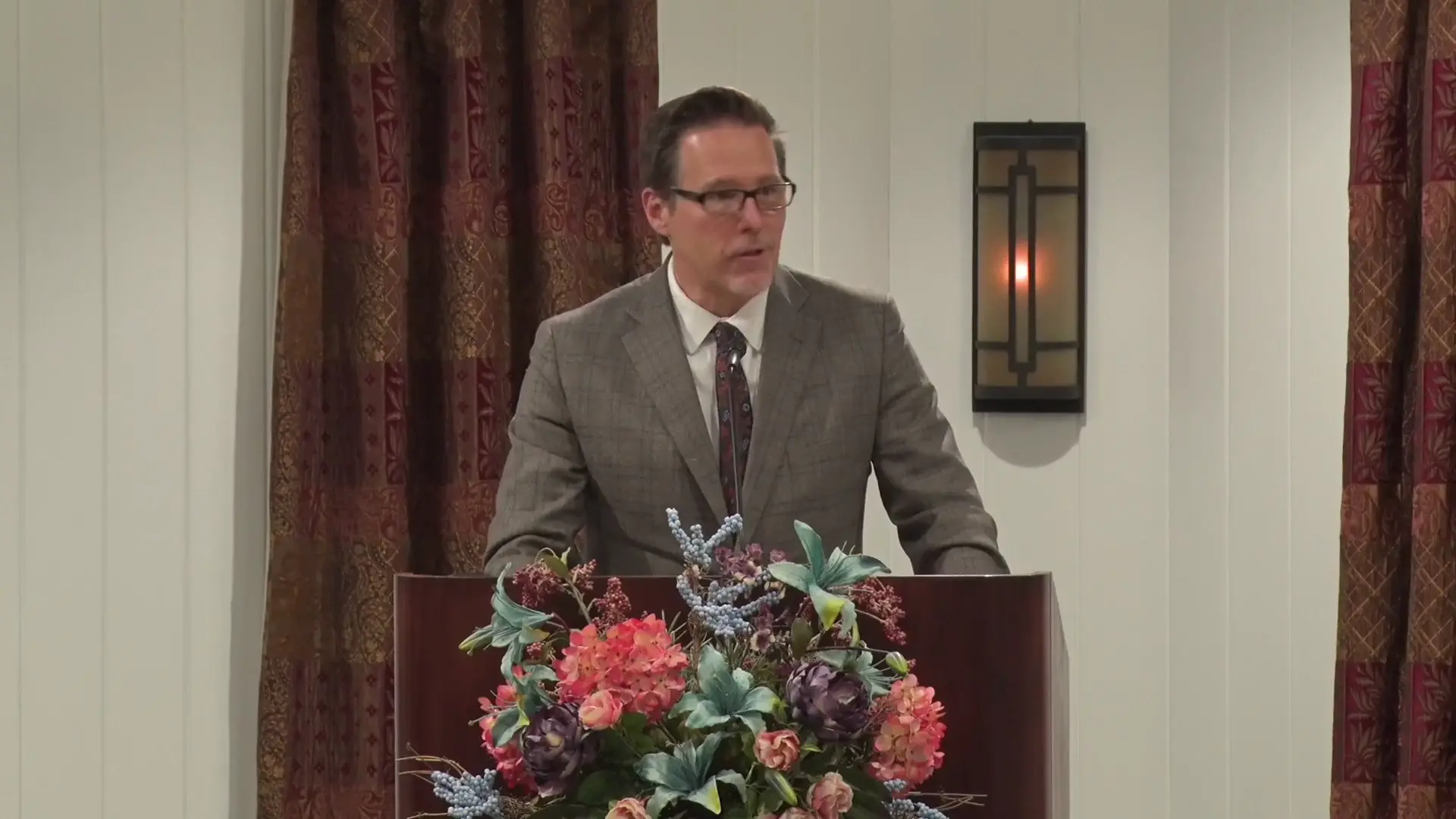Filter by Categories
Marriage—A God-Plane Relationship (Part Seven)
CGG Weekly by Richard T. RitenbaughThe Hebrew word *dabaq* (H1692), found in Genesis 2:24, carries the meaning of to glue together, to cleave, or to adhere. It describes the profound bond formed between a man and his wife as they become one flesh, emphasizing a union that is as inseparable as if they were glued together. This concept parallels the Greek word *kolláo* used by Paul in I Corinthians 6:16, illustrating that just as conjugal relations bind a couple like glue, so too does an illicit act unite participants as one flesh, highlighting the deep and binding nature of such intimacy.
Marriage—A God-Plane Relationship (Part Six)
CGG Weekly by Richard T. RitenbaughMoses writes in Genesis 2:24 that a man shall leave his father and mother and be joined to his wife, becoming one flesh. The Hebrew word underlying "be joined to" is *dabaq* (H1692), which means to cling or adhere to. Modern translations render it as be joined to, cling to, hold fast to, unite with, bond with, or stick with, suggesting that the couple are stuck like glue to each other. This illustrates God's intention that the joint between a married couple should be so strong that, if trouble arises, the union will survive, emphasizing the enduring bond He desires for marriage.

Our Help
Sermon by Bill OnisickIn the creation account, God emphasizes the importance of unity in marriage through the use of the Hebrew word dabaq (H1692), a primitive root meaning to cling, adhere, abide, cleave, join together, and stay fast together. This term, first used in Genesis 2:24, illustrates the intimate bond where a man is to cleave to his wife, forming a relationship where they become one flesh. This same word is also used to describe our relationship with God, as seen in Deuteronomy 11:22, highlighting the deep, inseparable connection intended in both human and divine relationships. God uses the covenant of marriage as a primary illustration to create us in His image, mirroring the unity and intimacy He desires with His covenantal people. As Christ loves the church with sacrificial love, so must a man cleave to his wife, reflecting that same devotion and unity in becoming one flesh.
Leadership and Covenants (Part Six)
'Personal' from John W. RitenbaughGod's purpose for marriage, as seen in Genesis 2:24, emphasizes the importance of being joined or cleaving to one another. The Hebrew term dabaq (H1692), underlying this concept, is a strong word that literally conveys two being held together by force, as in capturing another. Figuratively, it suggests being glued together through positive family care, portraying a bond of consistent, sacrificial loyalty and devotion in a marriage-and-family context. This is illustrated in Ruth 1:14, where Ruth clung (dabaq) to Naomi, choosing to remain with her and accompany her to Judea, unlike Orpah who distanced herself. God seeks from each marriage partner a voluntary, sacrificial giving of themselves in loyalty, devotion, and affection to produce oneness, reflecting the kind of unity He desires in both physical and spiritual relationships.
Leadership and the Covenants (Part Five)
Sermon by John W. Ritenbaugh (1932-2023)Becoming equipped for leadership requires that we discipline ourselves in following God's way of life, allowing the mind of Jesus Christ to be in us in.
Leadership and the Covenants (Part Six)
Sermon by John W. Ritenbaugh (1932-2023)Paul urges Euodia and Syntyche to follow the example of Christ rather than placing their desire to be right over unity. Godly leadership follows submission.

The Two Shall Become One
Sermon by Bill OnisickThe fact that Abraham, Jacob, David, and Solomon multiplied wives does not imply that the Bible endorses polygamy, which produces bad fruit.